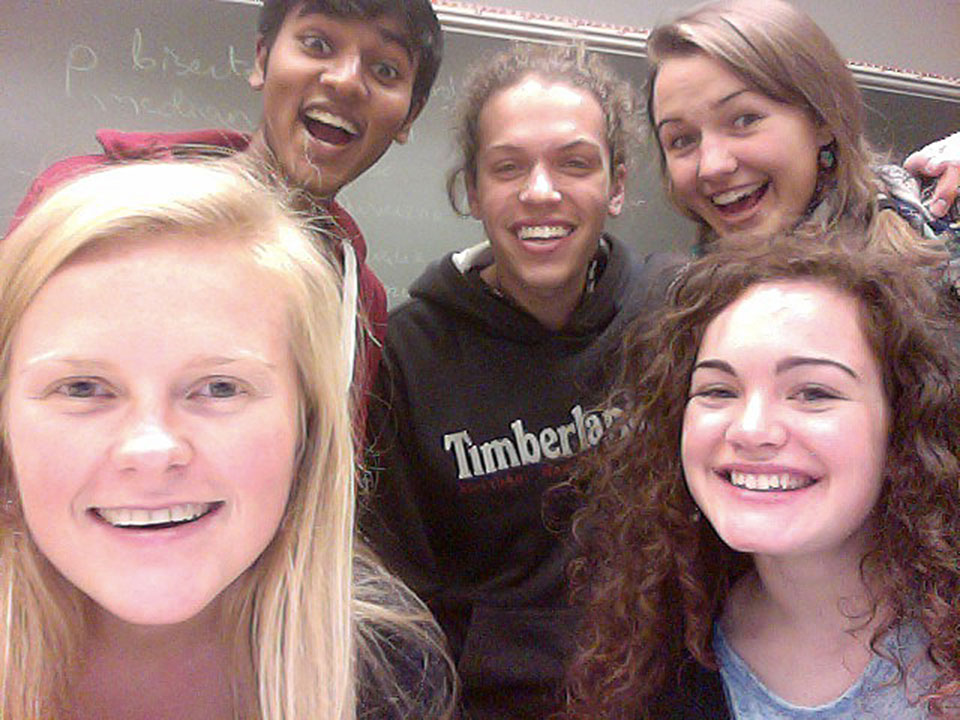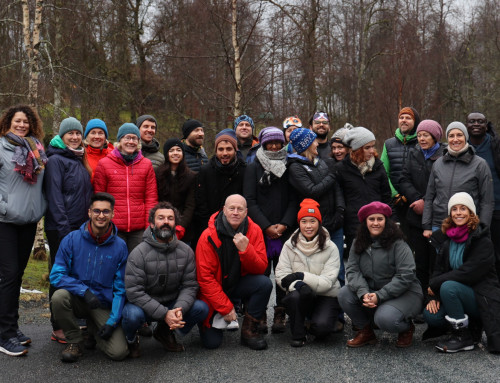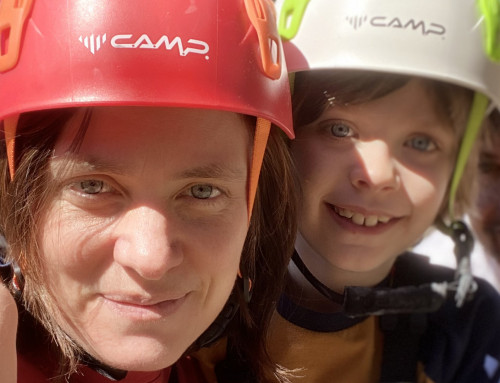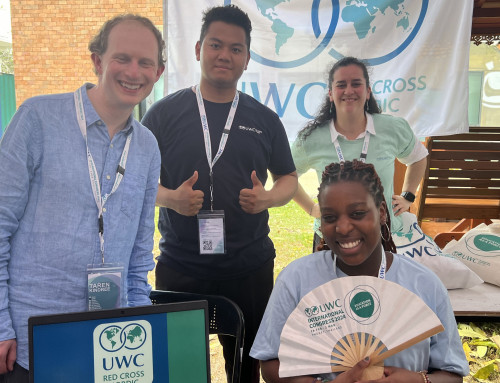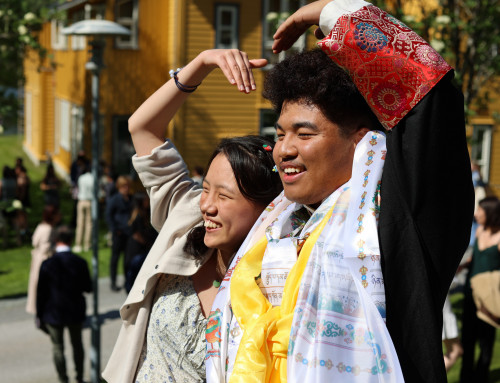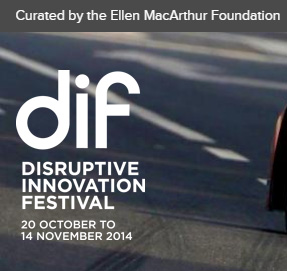 On the 22nd of October, five students from RCN, participated in an online panel discussion with students from twelve different UWCs. The debate was facilitated by the Ellen MacArthur Foundation’s Disruptive Innovation Festival, which aims to bring together thought-leaders, entrepreneurs, businesses, makers, learners and doers to catalyse system-level change for a future economy. The overarching topic of the discussion was revolutionizing education in the United World Colleges, and we were presented with the guiding question “What would the ideal education for changemakers look like?”. In light of this, we explored and discussed education with respect to the UWC mission statement, and how the current system might be improved or adapted in order to promote engagement and learning among students.
On the 22nd of October, five students from RCN, participated in an online panel discussion with students from twelve different UWCs. The debate was facilitated by the Ellen MacArthur Foundation’s Disruptive Innovation Festival, which aims to bring together thought-leaders, entrepreneurs, businesses, makers, learners and doers to catalyse system-level change for a future economy. The overarching topic of the discussion was revolutionizing education in the United World Colleges, and we were presented with the guiding question “What would the ideal education for changemakers look like?”. In light of this, we explored and discussed education with respect to the UWC mission statement, and how the current system might be improved or adapted in order to promote engagement and learning among students.
As a result of reflecting on our personal experiences related to the topic, we came up with several points we wished to put to the other students, in order to spark discussion. First of all, we emphasized the significance of the UWC’s role in cultivating global understanding, and how a UWC education should not only provide content but also serve an important purpose. We felt it was important to discuss how the current academic system, with the IB as the core, both helps us and perhaps also disadvantages us in achieving our mission statement. Some challenges we considered were the standardized assessment criteria, the lack of emphasis on individual initiative and in-depth projects as well as practical engagement in real-life situations. Therefore, we proposed discussing the development of a UWC-diploma, which would integrate aspects such as cultural understanding, conflict-resolution and environmental knowledge into the curriculum, and counteract the current tendency of students to view their academic life as separate from their residential experience. However, this would have to be the result of a thorough discussion in the whole UWC movement, and we hope to see an inclusive and lively debate on these issues in the time to come. Our proposals also included introducing a block system in which one subject is taught for a longer period of time, in order to allow students to focus and go more into depth.Additionally, we proposed creating a collective database of diverse resources accessible by all UWC students and teachers, as well as universalizing National Committee selection criteria and increasing academic and non-academic co-operation across the UWCs.
Overall, we found the debate both interesting and thought-provoking. The UWC students across the globe shared many interesting discussion points, and we hope to engage in further discussion as well as co-operation in the future. The debate concluded that we all need to engage in discussion about what the UWC movement is and what it could be in the future, and how we can adapt the academic component of UWC so that it encourages students to be active and engaged, and thus empower them to have a practical impact on their communities. We are grateful for the opportunity to engage in this debate, and we are excited to share and discuss this with the rest of the student body.
Elisabeth and Grete, on behalf the RCN student representatives
(Elisabeth, Grete, Zoe, Jonas, Izman)

